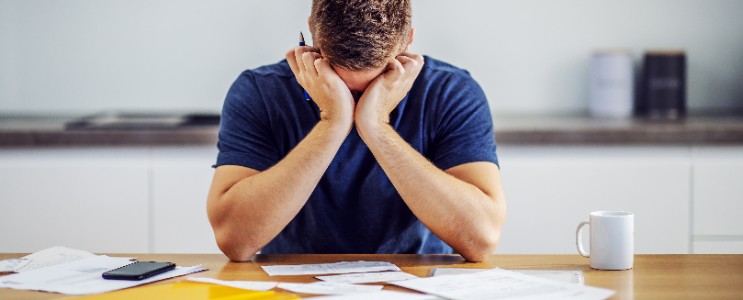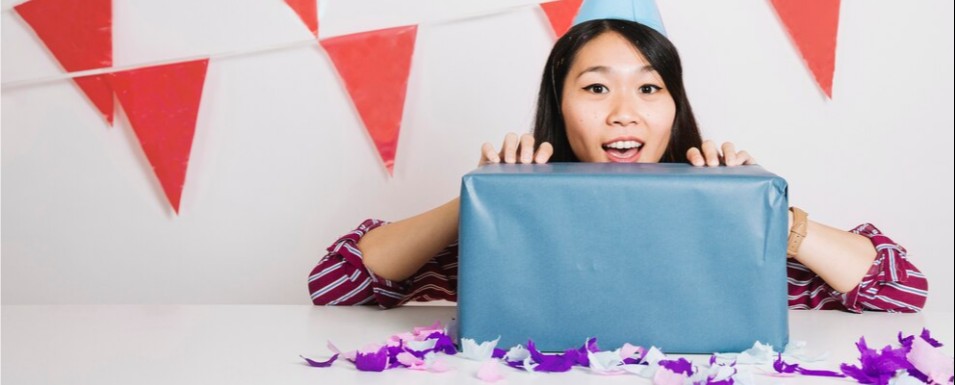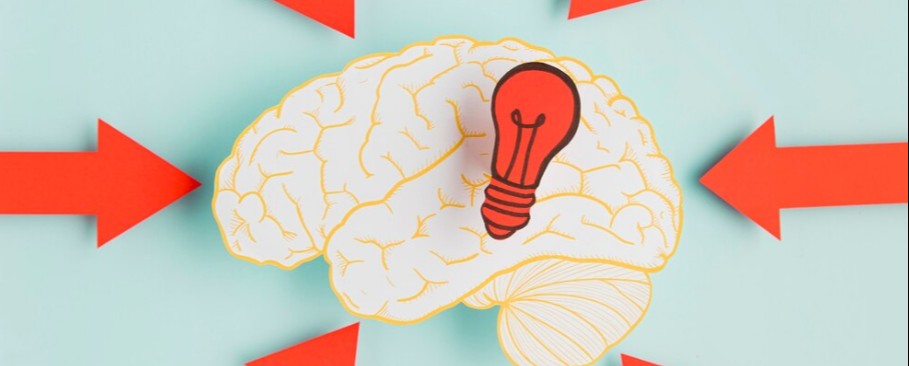
How to build self-confidence

How to build self-confidence
Confident people are made, not born. Confidence isn’t a trait reserved for a select few; it’s a skill that can be built and strengthened over time. If you have ever felt unsure of yourself, you are not alone. This guide answers your question, “How to be confident?”
What is self-confidence? How to be confident?
Before jumping into how to be confident, it's important to understand self-confidence. Self-confidence involves trusting both yourself and your capabilities or knowledge. This concept comprises two key components: self-efficacy and locus of control.
Self-efficacy is the belief in your capacity to thrive in specific situations. Your experiences (successfully attempting something new), observed experiences (success or failure), and social persuasion (receiving positive feedback about your proficiency) contribute to shaping self-efficacy.
Locus of control, on the other hand, refers to your belief in influencing the outcomes of situations in your life. Individuals with an internal locus of control attribute their success to their hard work, attributes, and decisions. Conversely, those with an external locus of control are more inclined to believe that luck, external circumstances, and fate determine their success.
Importance of self-confidence
According to a study by Brandeis University in Massachusetts and the University of Rochester in New York, confidence can lead to a longer and healthier life. The research showed that people who believe in themselves and can bounce back from challenges tend to live longer. Interestingly, those who feel more in control, showing higher confidence, seem to counteract the risk of shorter life associated with lower education levels.
Confidence doesn't just impact how long we live; it also plays a big role in making us happier. A study from 2003 found that people with higher self-esteem, accounting for some cultural differences, tend to be happier, more satisfied, and experience fewer negative moods.
The effects of confidence go beyond just our feelings; they also affect our physical and mental health. Research suggests that having a positive view of oneself brings health benefits. Confidence is closely connected to mental well-being and happiness and has been linked to better recovery after serious illnesses.
How to be confident
If you feel like you need more confidence, here are some evidence-based tips on how to be confident
Know Yourself: Understanding your strengths, weaknesses, values, and aspirations is the first step to how to be confident. Reflect on your achievements and identify areas for growth. Embrace self-awareness as a foundation for building genuine confidence.
Set Realistic Goals: Establish achievable, realistic goals that align with your values. Break them down into smaller, manageable steps. Each accomplishment, no matter how small, contributes to a sense of mastery and boosts confidence.
Celebrate Successes: Acknowledge and celebrate your achievements. Whether big or small, each success is a testament to your abilities. This positive reinforcement creates a cycle of confidence-building experiences.
Positive Self-Talk: Challenge negative thoughts and replace them with positive affirmations. Practice self-compassion and treat yourself with the kindness you would offer a friend. Over time, positive self-talk becomes a habit that shapes your mindset.
Learn from Failure: Failure is a natural part of life. Instead of viewing it as a setback, see it as an opportunity to learn and grow. Analyze what went wrong, extract lessons, and apply them to future endeavors. Resilience in the face of failure breeds lasting confidence.
Expand Your Comfort Zone: Take calculated risks and step outside your comfort zone. Growth occurs when you challenge yourself. Each new experience, even if uncomfortable at first, contributes to your self-confidence by proving your ability to adapt and overcome.
Body Language and Posture: Your body language communicates your confidence level. Maintain good posture, make eye contact, and practice a confident handshake. These non-verbal cues influence how others perceive you and impact your self-perception.
Continuous Learning: Invest in acquiring new skills and knowledge. The more you know and can do, the more confident you become. Lifelong learning not only enhances your abilities but also reinforces a growth mindset.
Surround Yourself with Positivity: Associate with people who uplift and support you. Positive relationships contribute to a positive self-image. Distance yourself from negativity, whether it's toxic relationships or self-limiting beliefs.
Practice Gratitude: Cultivate gratitude for the positive aspects of your life. Focusing on what you're thankful for enhances your overall perspective and helps build a foundation of contentment closely tied to self-confidence.
Engage in self-care practices: Self-confidence and self-care often go hand in hand. Incorporating regular exercise, prioritizing quality sleep, and adopting a wholesome diet can contribute to an enhanced sense of well-being. Taking the time to evaluate your needs enables you to pinpoint factors that positively influence your self-esteem. Mindfulness and gratitude practices also effectively reduce stress, enhance emotional regulation, and promote better sleep.
Seek assistance: Connect with a mental health professional or a coach for expert guidance on how to be confident. Their support can prove invaluable in your journey towards a more confident and empowered self.
Conclusion:
Building self-confidence is a gradual process that requires patience, self-reflection, and consistent effort. By understanding yourself, setting achievable goals, celebrating successes, and embracing challenges, you can learn how to be confident. Remember, confidence is not a destination but a continuous journey of growth and self-discovery.
Articles
Build your awareness and get inspired with our researched articles on how you can strengthen your well-being
Popular Topics
An OTP has been sent to the email address
provided.
Please check your Inbox and Spam folders.

What Would You Like to Speak with a Specialist About?
Mental Fitness Journey starts Now!
Chearful Connects you with Top-tier Qualified Wellness specialists for the Price of a cup of Coffee!

Next Steps
- A Client Team member will reach out to you to schedule a session with the most suitable specialist.
- You will receive an email with a 10% Discount Code* for your 1st session.
- We invite you to Explore the Platform & Sign Up today! *Upto a maximum of $10 discount on a session purchased




 2399 Read
2399 Read

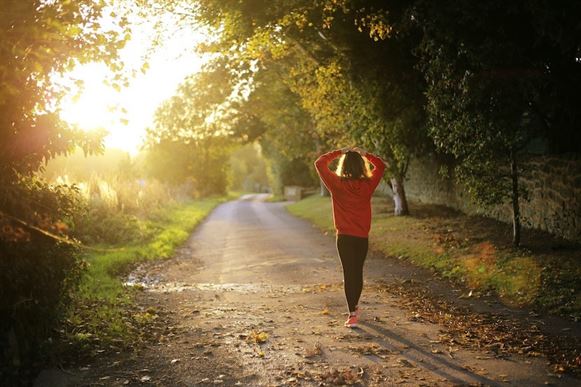


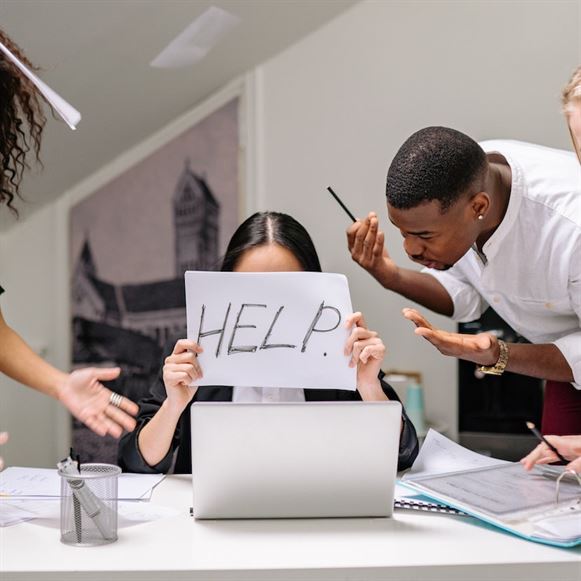




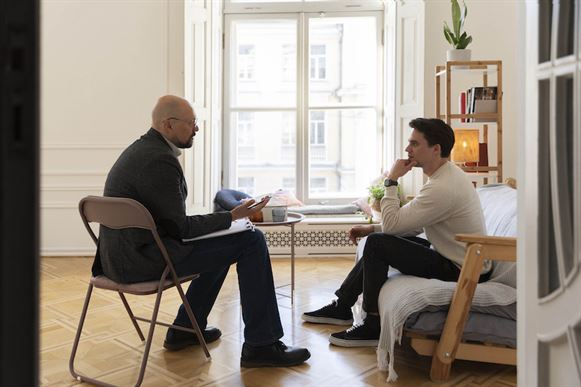



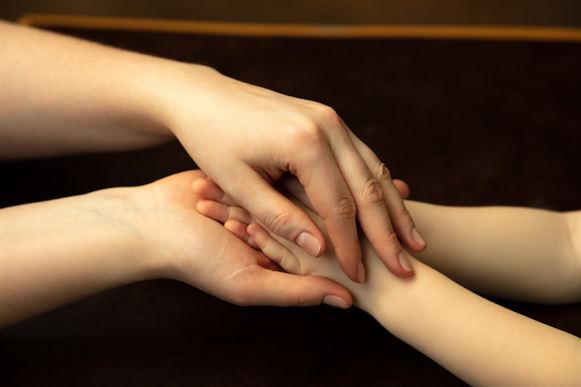


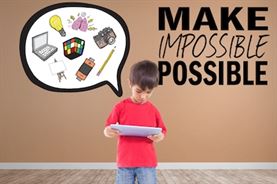
.jpg)
